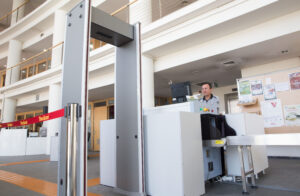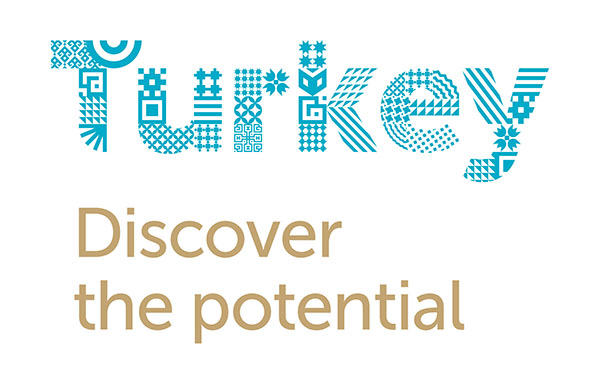In the quest for reliable solutions to safeguard premises, both businesses and consumers navigate a plethora of options in the market. To ensure they opt for the best solution, users must have a reference point. This is where the role of quality certification in the security product industry comes into play. The goal of this article will be to look into the various aspects and importance of quality certifications that govern our industry standards, and why they are gauge of trust and credibility.
Governing Security Product Certifications:
Numerous industry standards, such as ISO, Common Criteria, govern security product certifications. These standards set benchmarks for design, implementation, and maintenance, ensuring that products adhere to best practices in Security. At Polimek Electronics, our commitment to excellence is evident through our certifications, including ISO 9001, OHSAS18001, and ISO14001. These certifications underscore our dedication to meeting and exceeding industry benchmarks.
Industry Standards and Compliance:
Adhering to industry standards is crucial for security product manufacturers. Compliance not only ensures that products are developed with security in mind but also provides a common language for assessing and comparing different solutions. This standardized approach fosters a more secure digital environment. For Polimek we need to make sure that our products conform with the environment they will be used in. Polimek Walk Through Metal Detectors and X_ray luggage Scanners Are built under the CE and FCC European norms.
Building Trust Among Consumers and Businesses:
Quality certifications play a pivotal role in building trust. When a security product carries certifications from reputable organizations, it signals to consumers and businesses that the product has undergone rigorous testing and meets high-security standards. With certifications like USFDA, Polimek aims to ensure trust as a cornerstone for the widespread adoption and success of any of its security solutions. Organizations like NATO or the United Nations that choose Polimek solutions have the certitude that the products have been independently verified for their security features. This trust not only increases adoption rates but also contributes to the long-term success of Polimek Solutions in the market.
Certification as a Validation of Effectiveness:
Certification serves as a validation of a security product’s effectiveness. The certification process involves rigorous testing and evaluation to ensure that the product performs as claimed and provides necessary protection against potential threats. This validation is crucial for users who rely on the product to secure their sensitive data. For Polimek to hold certifications such as K8 and K12 Crash Test Certifications, the Bollards and Road Blockers had to undergo extensive testing, vulnerability assessments, and evaluations of the response to simulated situations. The thorough examination helps classify and ensure that the product meets or exceeds the specified security standards.
Addressing Legal and Regulatory Aspects:
Security product certifications significantly contribute to legal and regulatory compliance. With the increasing emphasis on data protection laws and regulations worldwide, certified products provide companies with a tangible way to demonstrate their commitment to security and regulatory compliance. Certifications provide companies with a roadmap for meeting legal requirements. For instance, Polimek certifies that Metal detectors manufactured are safe for pregnant women and align with the Occupational Health and Safety Assessment Series. This helps to reduce the risk of legal consequences both for Polimek and also for the organizations that use Polimek Products.
Market Access and Global Trade:
Certifications play a pivotal role in facilitating market access for security product manufacturers. Many organizations and industries require certified products as a prerequisite for partnerships or procurement. Having certifications opens doors to a broader customer base and business opportunities. Manufacturers with a robust portfolio of certifications, like Polimek Electronics, can confidently engage in global trade, ensuring to their international partners and customers that their product meets not only local but also global standards. This standardization is key for the presence of Polimek in diverse markets like Saudi Arabia, Qatar, Egypt, UAE, Albania, Spain, Bangladesh, and even South Africa.
Conclusion
Quality certifications in the security product industry are not merely a checklist; they are a cornerstone for building trust, ensuring compliance, validating efficacy, reducing risks, and facilitating market access. As the security landscape continues to evolve, the role of certifications becomes increasingly pivotal in creating a secure and trustworthy environment. Manufacturers like Polimek recognize and prioritize the importance of quality certification for their products so that trust is built with consumers and businesses by staying in touch with industry regulations and standards.






